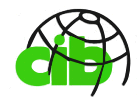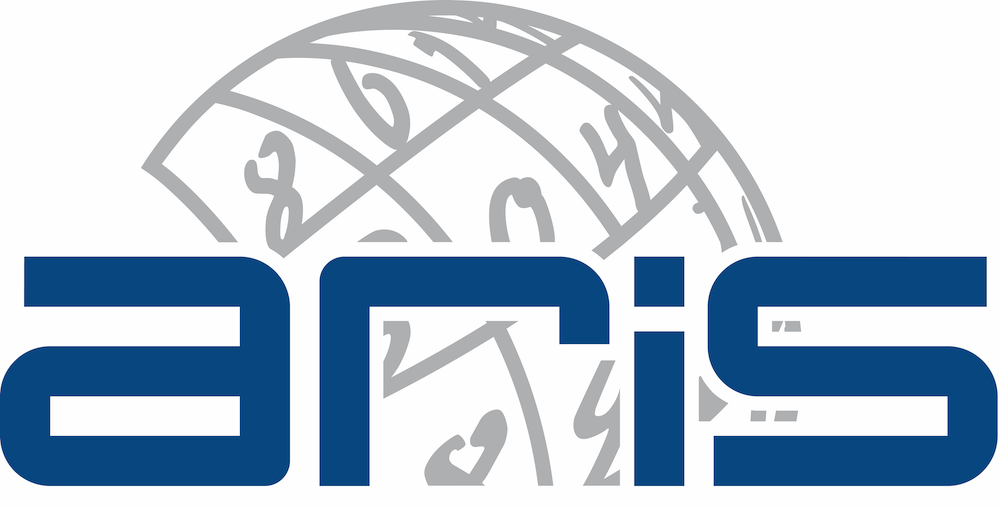Journal of Information Technology in Construction
ITcon Vol. 15, pg. 140-148, http://www.itcon.org/2010/11
Knowledge management for more sustainable water systems
| submitted: | July 2009 | |
| published: | February 2010 | |
| editor(s): | Teller J, Billen R, Cutting-Decelle A-F | |
| authors: | S.R. Mounce, Dr., Pennine Water Group, Department of Civil and Structural Engineering, University of Sheffield, UK; s.r.mounce@sheffield.ac.uk http://www.shef.ac.uk/penninewatergroup/ C. Brewster, Dr., Operations and Information Management Group, Aston Business School, Aston University, UK; c.a.brewster@aston.ac.uk http://www-users.aston.ac.uk/~brewstca/ R.M. Ashley, Prof., Pennine Water Group, Department of Civil and Structural Engineering, University of Sheffield, UK; r.m.ashley@sheffield.ac.uk L. Hurley, Dr., Pennine Water Group, Department of Civil and Structural Engineering, University of Sheffield, UK; l.hurley@sheffield.ac.uk | |
| summary: | The management and sharing of complex data, information and knowledge is a fundamental and growing concern in the Water and other Industries for a variety of reasons. For example, risks and uncertainties associated with climate, and other changes require knowledge to prepare for a range of future scenarios and potential extreme events. Formal ways in which knowledge can be established and managed can help deliver efficiencies on acquisition, structuring and filtering to provide only the essential aspects of the knowledge really needed. Ontologies are a key technology for this knowledge management. The construction of ontologies is a considerable overhead on any knowledge management programme. Hence current computer science research is investigating generating ontologies automatically from documents using text mining and natural language techniques. As an example of this, results from application of the Text2Onto tool to stakeholder documents for a project on sustainable water cycle management in new developments are presented. It is concluded that by adopting ontological representations sooner, rather than later in an analytical process, decision makers will be able to make better use of highly knowledgeable systems containing automated services to ensure that sustainability considerations are included. | |
| keywords: | Water Cycle Management, Ontologies, Text Mining. | |
| full text: | (PDF file, 0.361 MB) | |
| citation: | Mounce S R, Brewster C, Ashley R M, Hurley L (2010). Knowledge management for more sustainable water systems, ITcon Vol. 15, Special issue Bringing urban ontologies into practice, pg. 140-148, https://www.itcon.org/2010/11 |





